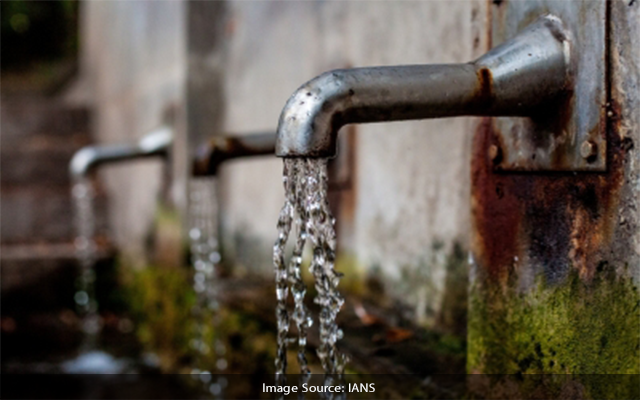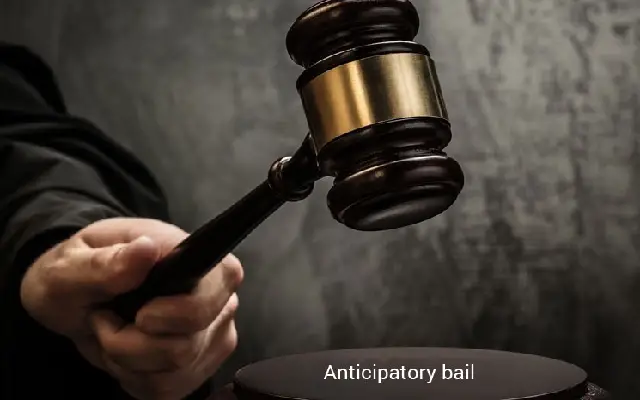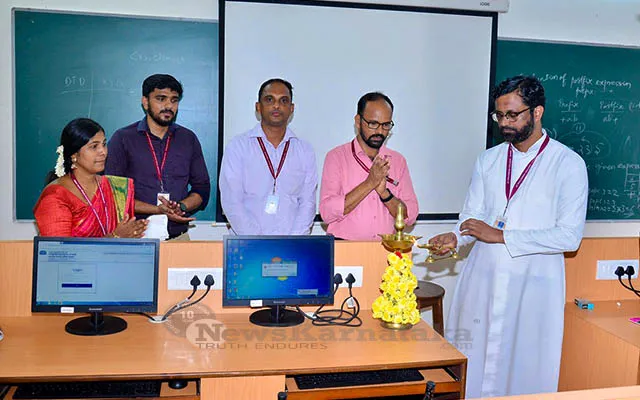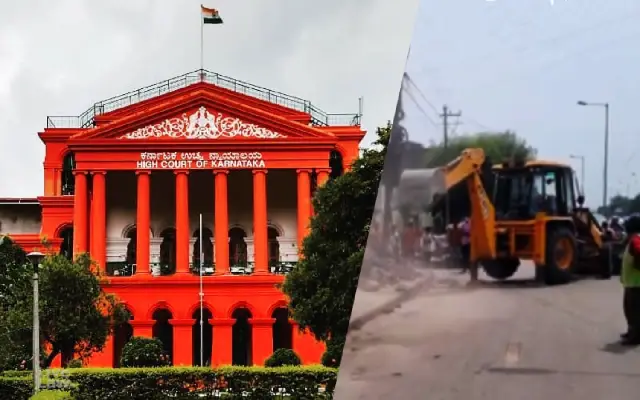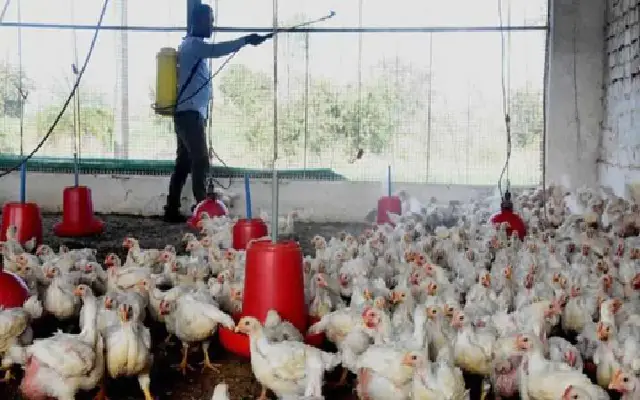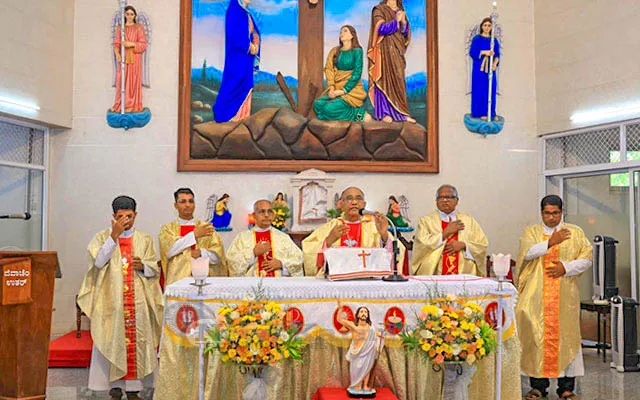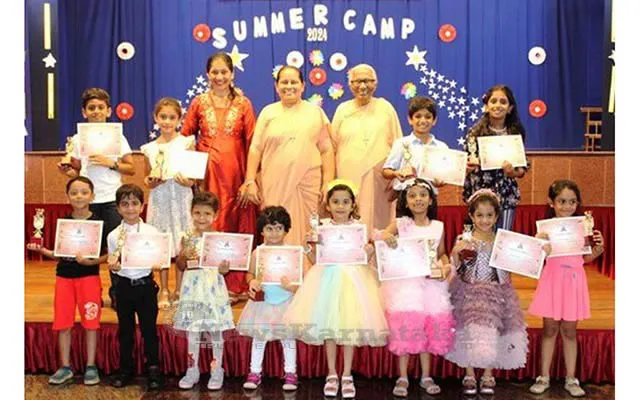New Delhi: The Centre said on Monday December 20 that it is opening a National Centre for Drinking Water, Sanitation & Quality (NCDWSQ) at Joka, Kolkata, that will focus on water and sanitation issues under the aegis of Jal Jeevan Mission (JJM).
“This is the first of its kind institute in the country that will focus on water and sanitation. It will prepare an entire generation to benefit for next 30-40 years and can carry on easily the operations and maintenance (O&M) for the water and sanitation sector,” Bharat Lal, Additional Secretary and Mission Director, National Jal Jeevan Mission (JJM), said.
It will be an autonomous institution that will function as an apex centre for public health engineering to solve the problems related to water quality and supply, Lal said at a media interaction organised by UNICEF WASH (Water, Sanitation and Hygiene).
Engineers and administrators from the public health engineering side and WASH sector would be trained at this institute. It will follow a ‘Hub and Spoke’ model wherein there would be partnerships with other institutions.
An eight-member expert committee finalised the vision and roadmap for the institute, Lal said.
Pointing out how JJM is fully aligned with social development goals (SDG) about clean water and sanitation, chief of WASH, UNICEF India, Nicolas Osbert, said, “This mission really provides solution to the drudgery of women. The best part is that JJM has specific focus on children as it provides for safe drinking water to all schools and Anganwadi centres.”
Osbert also said that JJM is “world’s largest water supply programme” where the emphasis is on “community mobilisation and participation”.
As many as 8.33 lakh (81 per cent) schools and 8.77 lakh (79 per cent) Anganwadi centres (AWCs) have tap water supply as on December 15 along with provision for rainwater harvesting and grey water management.
The JJM has also helped people in the areas which have arsenic and fluoride problems.
“In 2016, as many as 27,544 habitations were identified with arsenic and fluoride, of which 18,837 have been provided with potable tap water. The scheme is under implementation in more than 600 habitations,” Lal said, adding, “As many as 1,301 newly emerged arsenic (883) and fluoride (418) affected habitations are being covered through piped water supply on priority.”








